Putting parents in the know | Broadband security – Virgin Media
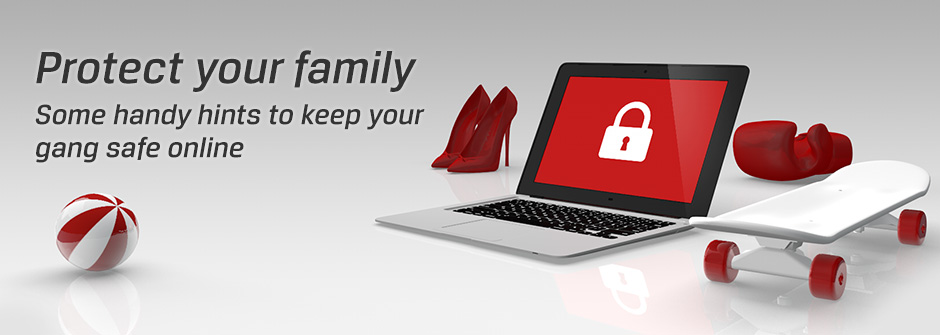
Putting parents in the know
Does your kid know as much (or more!) about the web as you? Kids love new technology – and the web. But how do you keep them safe on the web if they’re the ones leading the way?

Luckily, much of what you know about parenting in the real world still applies online. As long as you take an active interest in what they’re doing, teach them about the dangers and offer support for them when they need it, there’s no reason why you shouldn’t feel just as confident about looking after them on the web as you do in the real world.
Here are our top tips to help you on your way.

1. Discover the web for yourself
You don’t need to be a web wizard to know how to take care of your kids online. Just knowing what they’re doing and who they’re talking to is usually enough to guide them from trouble. That said, the more you know about the web, the better understanding you’ll have of where your kids should and shouldn’t be.

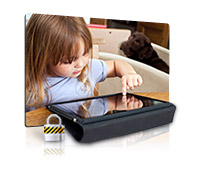
2. Set some ground rules
Once you know a bit about the web, you’ll feel much better placed to decide what is and what isn’t suitable for your kids. Tell them which sites and programs are out of bounds and explain why. Obviously, this will depend on their age and your judgement as a parent, and you may want to relax your stance as they get older. You can see which sites they have visited by looking at the history folder in your web browser.

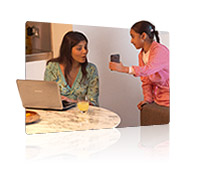
3. Share their web experience
You’ll want to know what your kids are doing and whom they’re talking to on the web – just like you do in the real world. Set up your computer in a communal area (so your lounge, not their bedroom, for example). You don’t have to spy on them; just monitor the type of sites they’re visiting. For younger children, always sit with them whenever they’re online.


4. See how they feel
You’ll know better than anyone when your child is acting strangely. If they’re being particularly secretive, it may have something to do with what they’re up to online. Encouraging them to discuss their problems is always a much better policy than forcing them.


5. Install parental controls on your computer
Parental controls can filter which websites your children can visit, limit the amount of time they spend on certain sites or programmes and track what they’ve been up to. Remember that if you’re a Virgin Broadband customer you get our Parental Control software as part of Virgin Media Security.

Extra help for parents
If you want more information about child safety on the web, take a look at the websites below.

thinkuknow
Advice for parents (as well as children) on how to keep children safe online from the Child Exploitation and Online Protection Centre (CEOP).
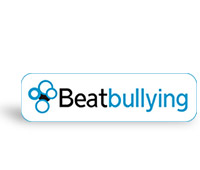
Beatbullying
Beatbullying works with children and young people who have been affected by bullying through digital technologies.
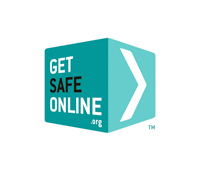
Get Safe Online
Government-funded website offering practical advice on internet safety and safeguarding children online.

The Child Exploitation and Online Protection Centre (CEOP)
Government initiative dedicated to eradicating child abuse. If someone acts inappropriately towards your child online, you should report it the CEOP.
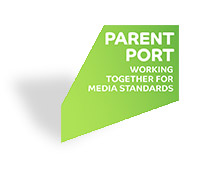
ParentPort
Seen or heard something unsuitable for children in the media? UK media regulator ParentPort gives you a place to report it.
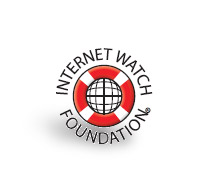
Internet Watch Foundation (IWF)
UK hotline aiming to remove illegal material from the web. If you or your child finds something potentially illegal online, you should report it to the IWF.